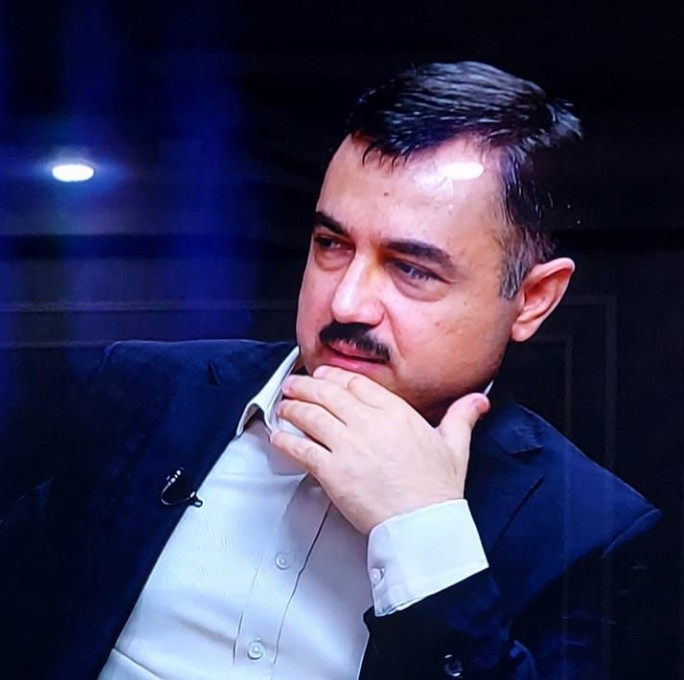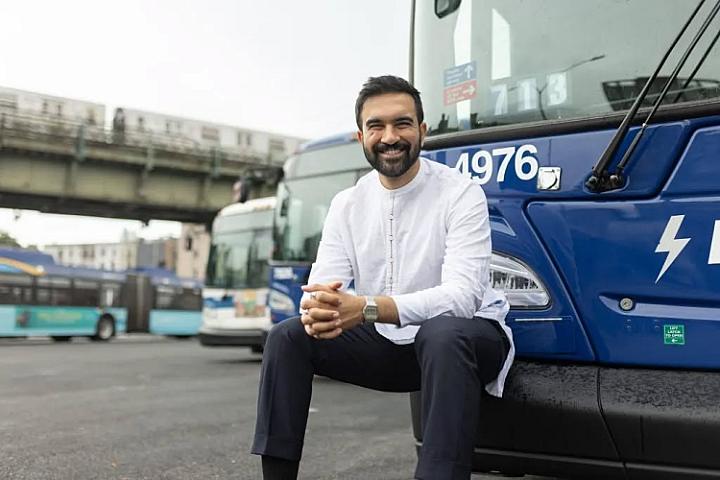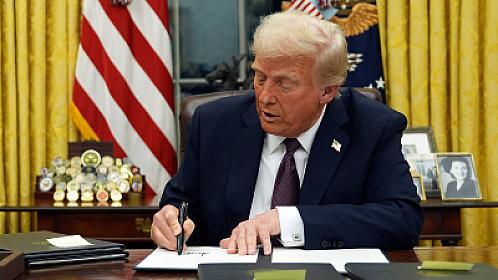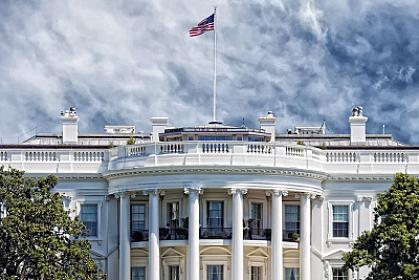In the mayoral elections in New York, Zöhran Mamdani, a 34-year-old Ugandan-born Indian-origin Shia Muslim and Palestinian activist, won. The young Marxist Democrat, married to a Syrian woman, will manage the city's $112 billion budget.
A socialist winning with such a high figure as 50% in the largest city in the US reveals how great the demand for a welfare state is in society. Mamdani built his electoral platform on the philosophy of "taking from the rich and giving to the poor," pledging free intra-city transportation, free preschool education, the construction of social housing, limiting the rise of rent prices, opening cheap supermarkets for the poor, reducing police violence, and in some cases ensuring public order without police intervention by creating a special department within the mayor's office, among other promises. This showed that he knows well both the difficulties residents face in daily life and the solutions to these problems, proving he is a simple New Yorker like other residents. These steps must be financed by increasing the taxes paid by the city's wealthy (agreement from the state leadership will also be necessary for this).
Of course, making promises is easy, but fulfilling them is difficult. It is necessary to observe how realistic the implementation of these promises is. If Mamdani can create a success story as mayor, it will have serious impacts on federal politics. In fact, it is possible to consider his victory as an event of federal significance. Because this victory shows how much the progressive (left) wing within the US Democrats has strengthened. In this regard, Zöhran Mamdani not only defeated Republicans, Trump, Musk, billionaires, and the Israeli lobby but also defeated the Democratic establishment. Traditional Democratic elites want to protect their positions within the party by blocking the left current. On the other hand, they are wary of Democrats demonizing themselves by adopting the propaganda thesis of a "communist Islamist mayor" to achieve maximum mobilization of their voters in the next local and federal elections against the Republicans and to scare moderate independents. For this reason, the Democratic leaders coldly approached Mamdani and did not actively support him. While the leaders of the Democrats in Congress — the House of Representatives leader Jamie Raskin only declared support to Mamdani at the last moment, Senate leader Chuck Schumer remained completely silent.
Nearly 2 million Jews (many of them wealthy businessmen) and about 1 million Muslims live in New York. Throughout the campaign, Republicans tried to label Mamdani as a jihadi, Hamas supporter, and anti-Semite, but Mamdani was able to get votes from both leftist Jews and the ultra-Orthodox, staunchly religious Jewish community. At the same time, he mobilized Muslims, who usually are indifferent to election processes, and took them to vote.
Alongside the mayoral elections in New York, gubernatorial elections were held in the states of Virginia and New Jersey. In both, female Democratic candidates won. The Democratic candidate also won the Virginia Attorney General election. In Virginia, Qazala Firdaws Hashmi, born in Hyderabad, India, defeated her Republican male rival in the election for the position of lieutenant governor. Thus, Q. Hashmi became the first Muslim woman to win a high state-level office in the US. The victories of Mamdani and Hashmi show the gradual increase in representation of US Muslims entering politics in local executive and legislative authorities within the Democratic ranks. The projection of this trend to the federal level in the future is inevitable.
In a referendum held in California, the population supported Democratic Governor Gavin Newsom's proposal to change the electoral district map (to ensure more Democrats are elected to the US Congress). This is a response to a similar move by Republicans in Texas. G. Newsom is a candidate for the next presidential elections.
Trump linked the Democrats' victories to the absence (?) of his name on the ballot and to the shutdown (government closure due to Congress not agreeing on the budget).
Şahin Cəfərli,
political analyst








